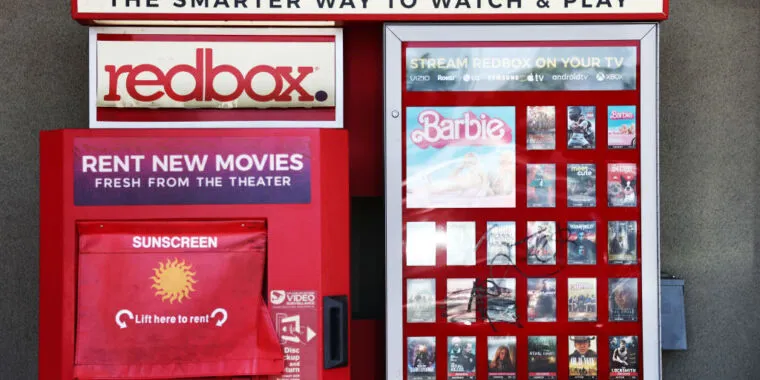- cross-posted to:
- technology
- [email protected]
- [email protected]
- cross-posted to:
- technology
- [email protected]
- [email protected]
It’s sensible for businesses to shift from physical media sales. Per CNBC’s calculations, DVD sales fell over 86 percent between 2008 and 2019. Research from the Motion Picture Association in 2021 found that physical media represented 8 percent of the home/mobile entertainment market in the US, falling behind digital (80 percent) and theatrical (12 percent).
But as physical media gets less lucrative and the shuttering of businesses makes optical discs harder to find, the streaming services that largely replaced them are getting aggravating and unreliable. And with the streaming industry becoming more competitive and profit-hungry than ever, you never know if the movie/show that most attracted you to a streaming service will still be available when you finally get a chance to sit down and watch. Even paid-for online libraries that were marketed as available “forever” have been ripped away from customers.
When someone buys or rents a DVD, they know exactly what content they’re paying for and for how long they’ll have it (assuming they take care of the physical media). They can also watch the content if the Internet goes out and be certain that they’re getting uncompressed 4K resolution. DVD viewers are also less likely to be bombarded with ads whenever they pause and can get around an ad-riddled smart TV home screen (nothing’s perfect; some DVDs have unskippable commercials).



You are really missing out then, because if you know where to look (like psprices.com) you will often find sales on only physical copies at Amazon, Best Buy or GameStop.
I’m talking like significant sales. Like AAA games less than a year old (that still costs $60 on PSN) for $15.99 kind of sales.
I cannot tell you how many PS4 and PS5 games I’ve gotten, and which, for 40%+ off. Too many to count. I’ve saved hundreds if not over a thousand dollars doing this.